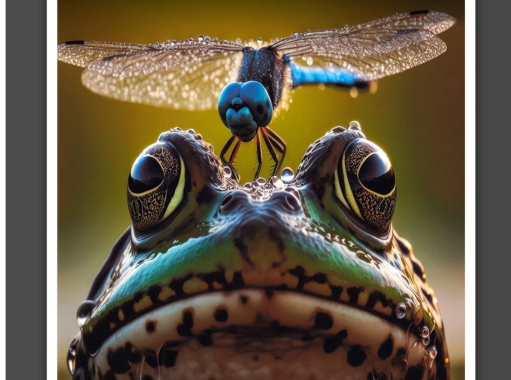In Japan, an award given out for a distinguished photograph was recently nullified. The cancellation came due to allegations that the image was not created by human hands but rather, generated through artificial intelligence. The committee in charge of the competition stated that the conditions for participation specify the entrant must be the person who took the photo, leaving no room for AI-produced content. There is an ongoing investigation into the matter to determine the image's validity and the potential for rule changes in the future.
In Japan, the line between what can be considered authentic art and AI-generated art is held under much scrutiny. Here, legal and social connotations exist that place high value on human creativity, personal expression and originality. This news has sparked debate on the role of technology in art and raised discourse on the need to review the guidelines in creative fields to include or exclude AI-based content effectively.
In the US or EU, similar issues have arisen in creative and tech fields, raising valid concerns about AI's emerging role. While some view tech such as AI as a new tool to push creativity boundaries, others argue it risks overshadowing human effort and potentially devalues traditional artistic values. Each instance is usually handled on a case-by-case basis, with regulations still being shaped to address these relatively new challenges.

